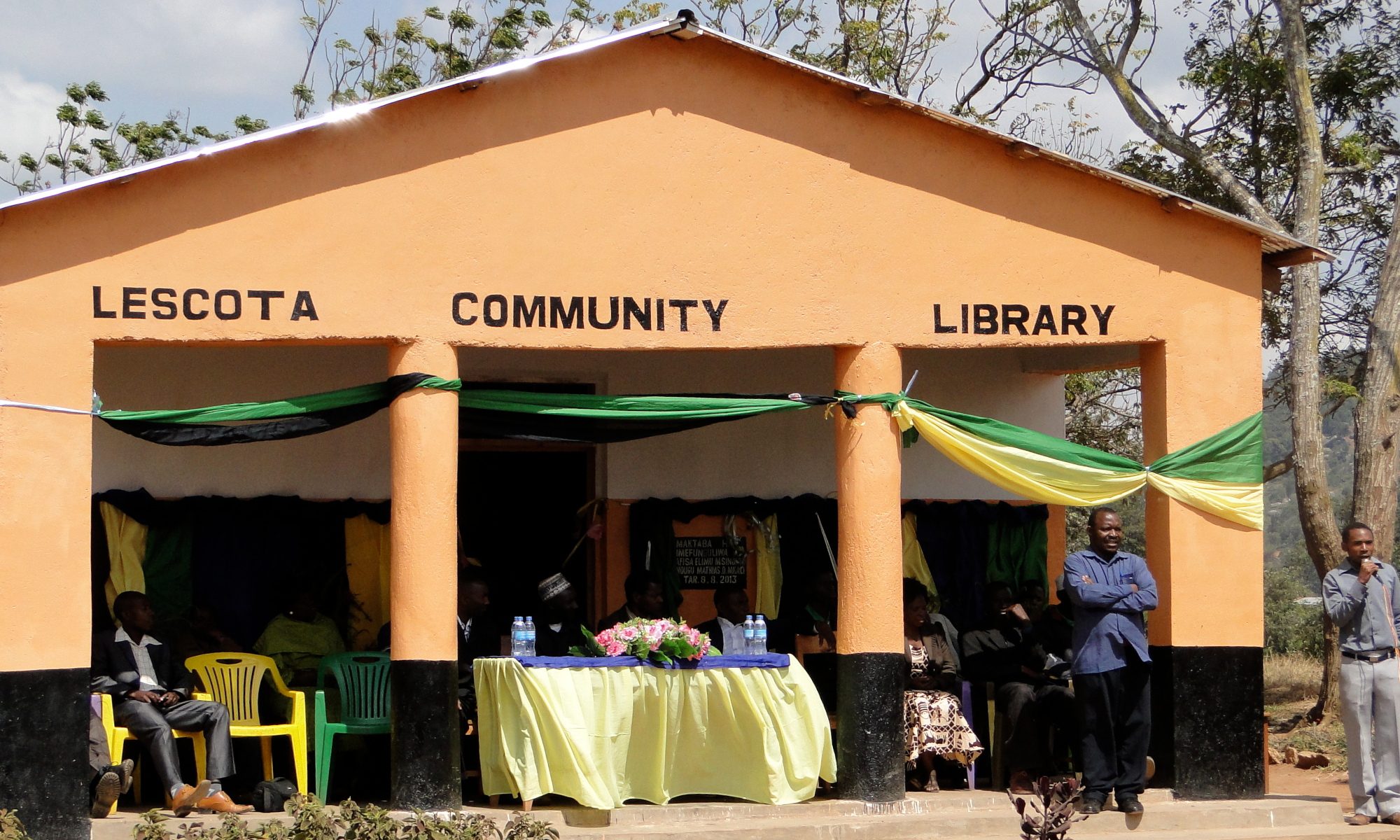In an article posted today in the Guardian, it has been reported that the Form Two National Exam is coming back.
I have very mixed feelings about this. On the one hand, I see the dismal pass rate at Form IV the past couple years as a product of the removal of the Form Two exams. Without the exam weeding out unprepared students, Forms Three and Four were full of too many students who were not prepared and/or motivated to learn the more difficult material. In a rural school, this could be 75-80% of the students in those forms, making for a difficult learning environment for the remaining students who were ready to learn. Due to peer pressure, there are often excellent students who just drop off completely in Form Three, since they do not want to stand out.
While in theory, the re-introduction of the exam should ensure a more prepared Form III. This, combined with the new Form I entrance exam for basic literacy announced by the Ministry of Education, will definitely act as a filter for students who are capable. The problem is, cheating is so rampant, that many students will probably continue to get through. In recent years, with the increase of technology, cheating has gotten even worse. All it takes is one unscrupulous headmaster to release the exam papers ahead of the date and thousands of people across the country can be quickly relayed the exam questions by text message. With a pass mark of 30%, just a few questions can go a long way to getting a student to pass. The tests need to be taken seriously by students and teachers. Teachers need to invigilate the exam with proper diligence and reduce the incidence of cheating.
Finally, the fact that a large number of rural students will be failing their Form Two exams is really an indicator of a larger failure in the educational system. Way before they ever get to Secondary school, many of these students are already set up for failure by having a grossly inadequate primary education. It’s not that they do not have the capacity to learn the material, but that their foundation is so weak, they are totally lost in secondary school. The language shift from Swahili to English definitely does not help, but even Swahili scores are not as good as one would expect. More needs to be done to improve primary education to reduce the failure rates at secondary schools.
Related
Another article about the reintroduction of the exams

